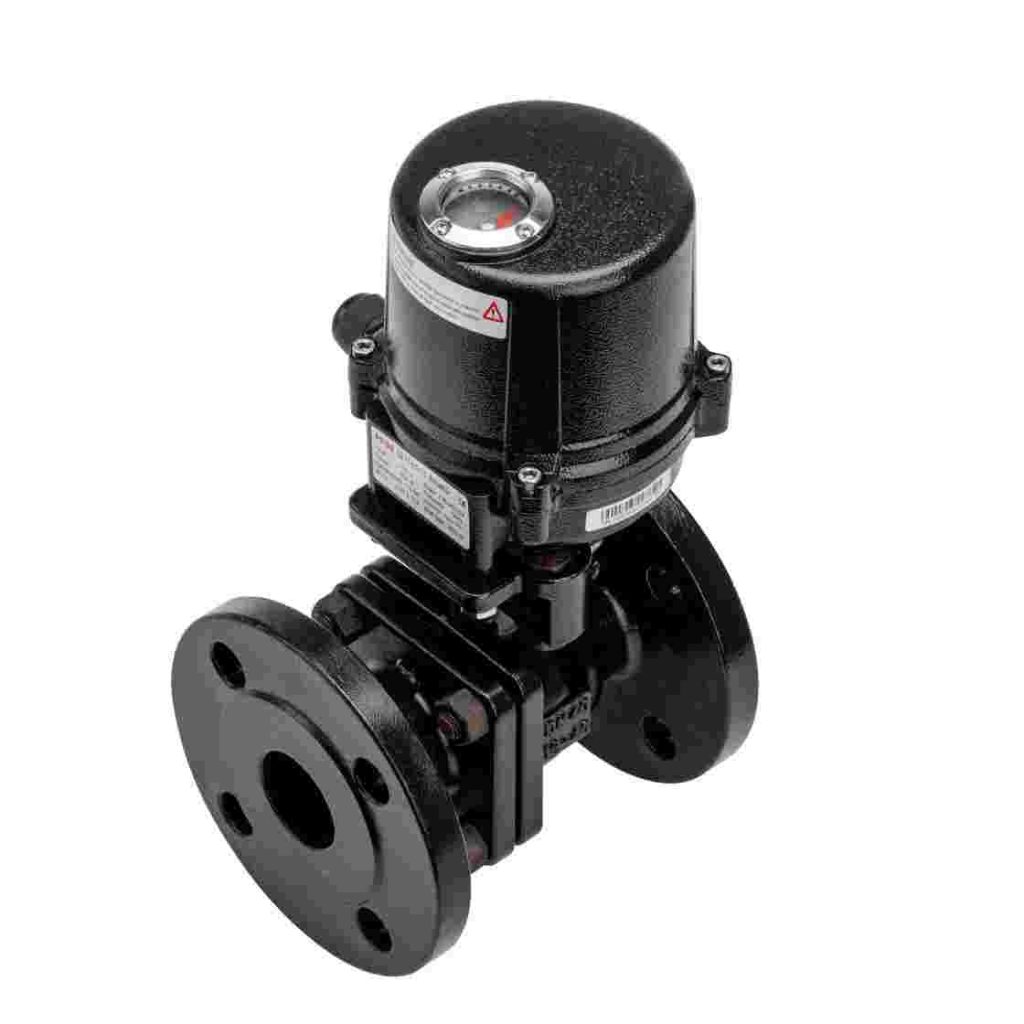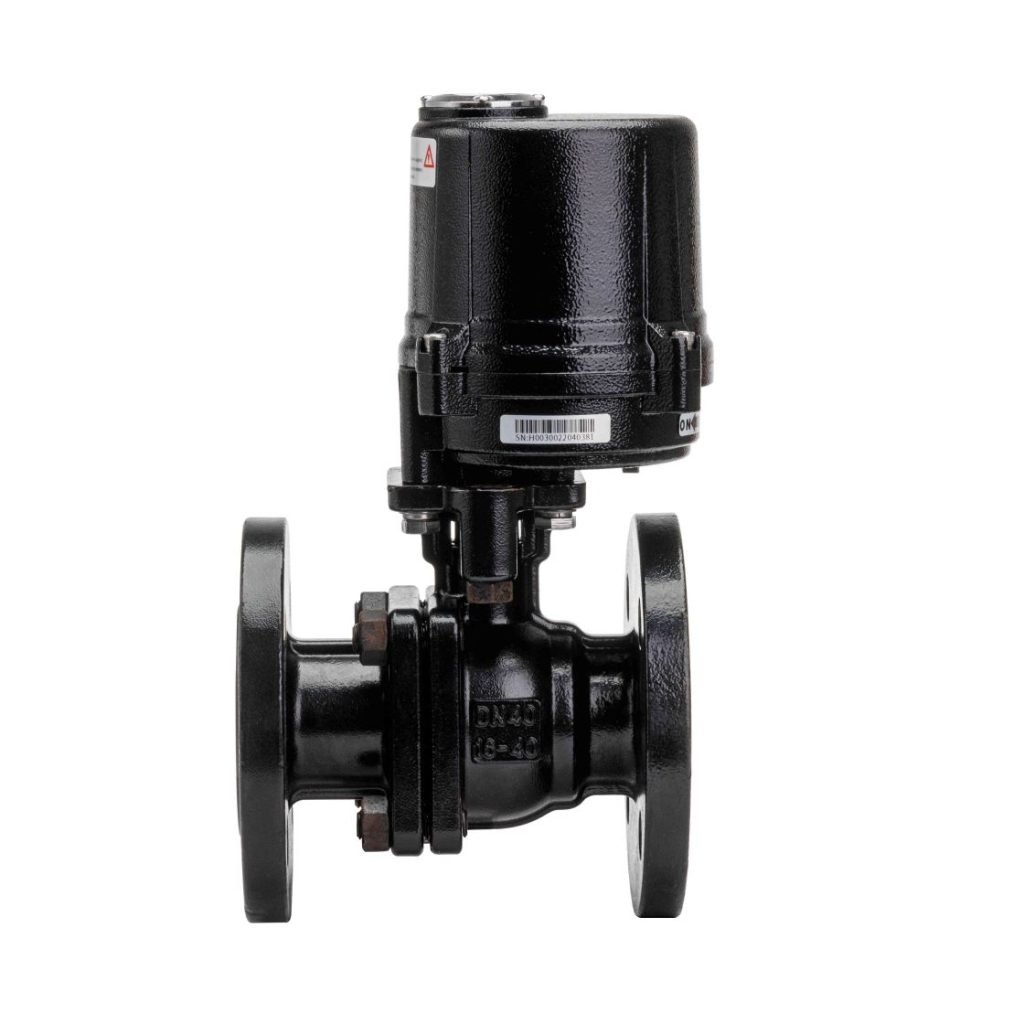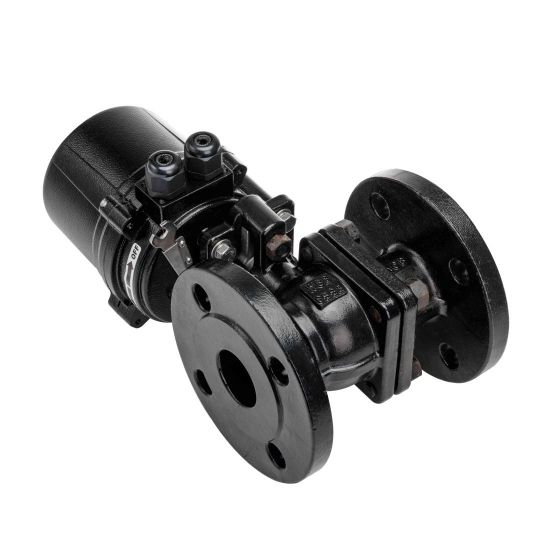In industries where temperature and pressure control are paramount, the role of high-temperature valves becomes crucial. Among these, electric high-temperature ball valves are particularly valued for their precise control, durability, and efficiency. As an essential component for handling fluids in extreme conditions, these valves are widely used in sectors such as oil and gas, chemical processing, power generation, and more. This article explores the significance of electric high-temperature ball valves and highlights the factors to consider when choosing a manufacturer for these sophisticated devices.

What are Electric High Temperature Ball Valves?

Electric high-temperature ball valves are automated valves that use an electric actuator to control the flow of fluids through a spherical valve body. Unlike traditional manual ball valves, these valves offer precise control and can be operated remotely or integrated into automated systems for enhanced efficiency. They are designed to withstand high temperatures, typically above 200°C (392°F), making them ideal for industries where the temperature of the media being handled can reach extreme levels. The mechanism of an electric ball valve consists of a spherical closure element, or ball, which rotates to open or close the valve. This rotation is powered by an electric actuator, which can be operated via signals from a control system, providing a level of automation that reduces the need for manual intervention.

Leave a Reply